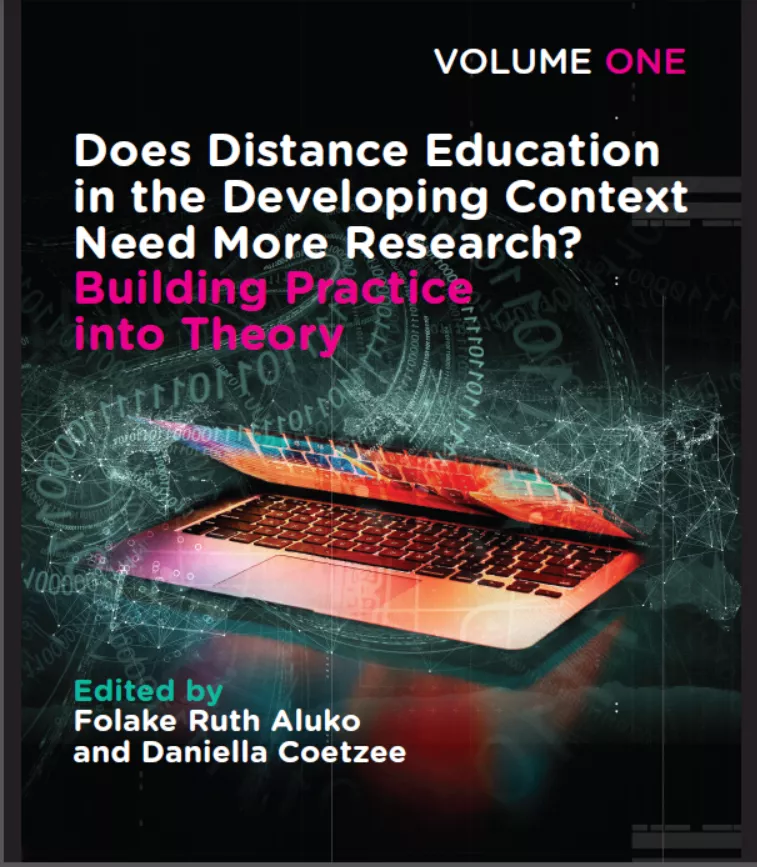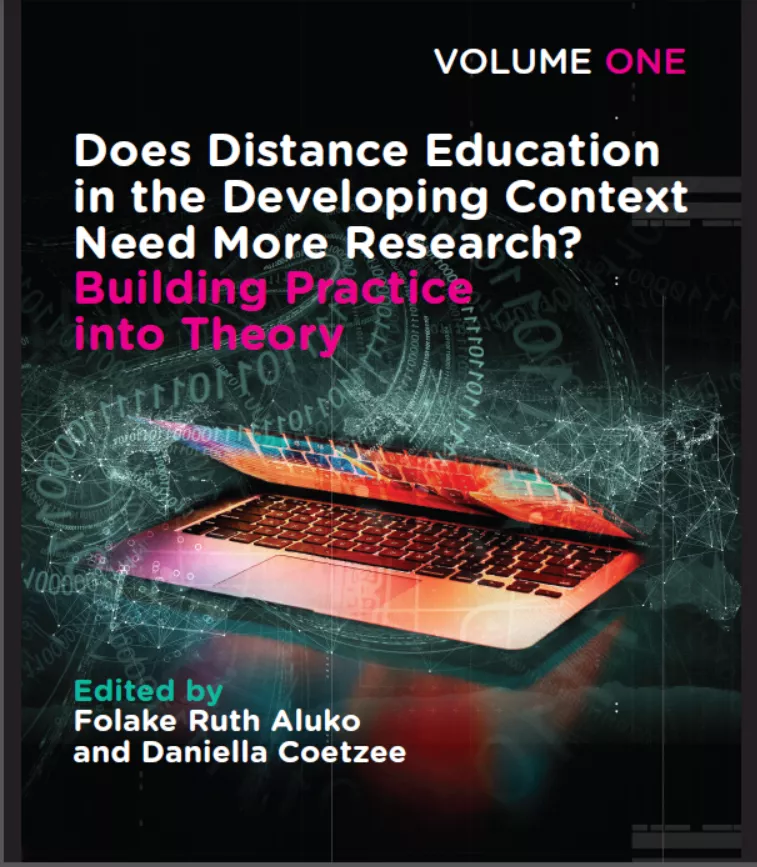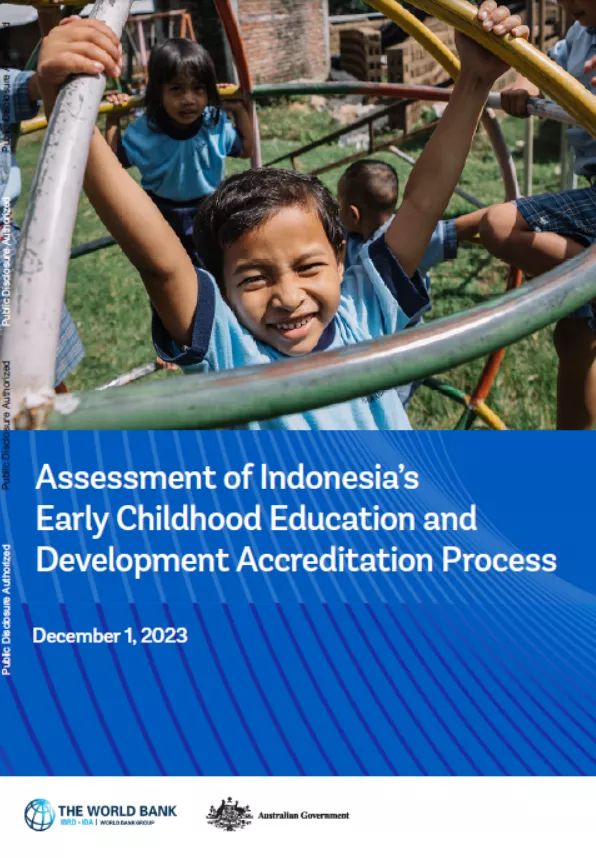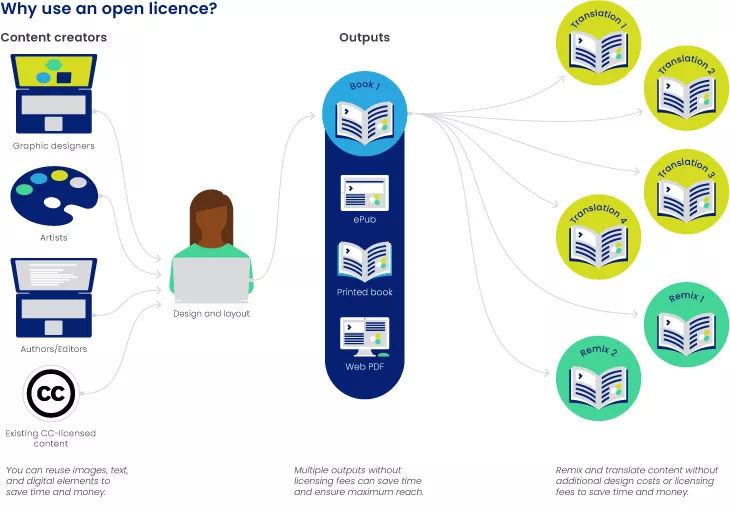Resources
Featured resources
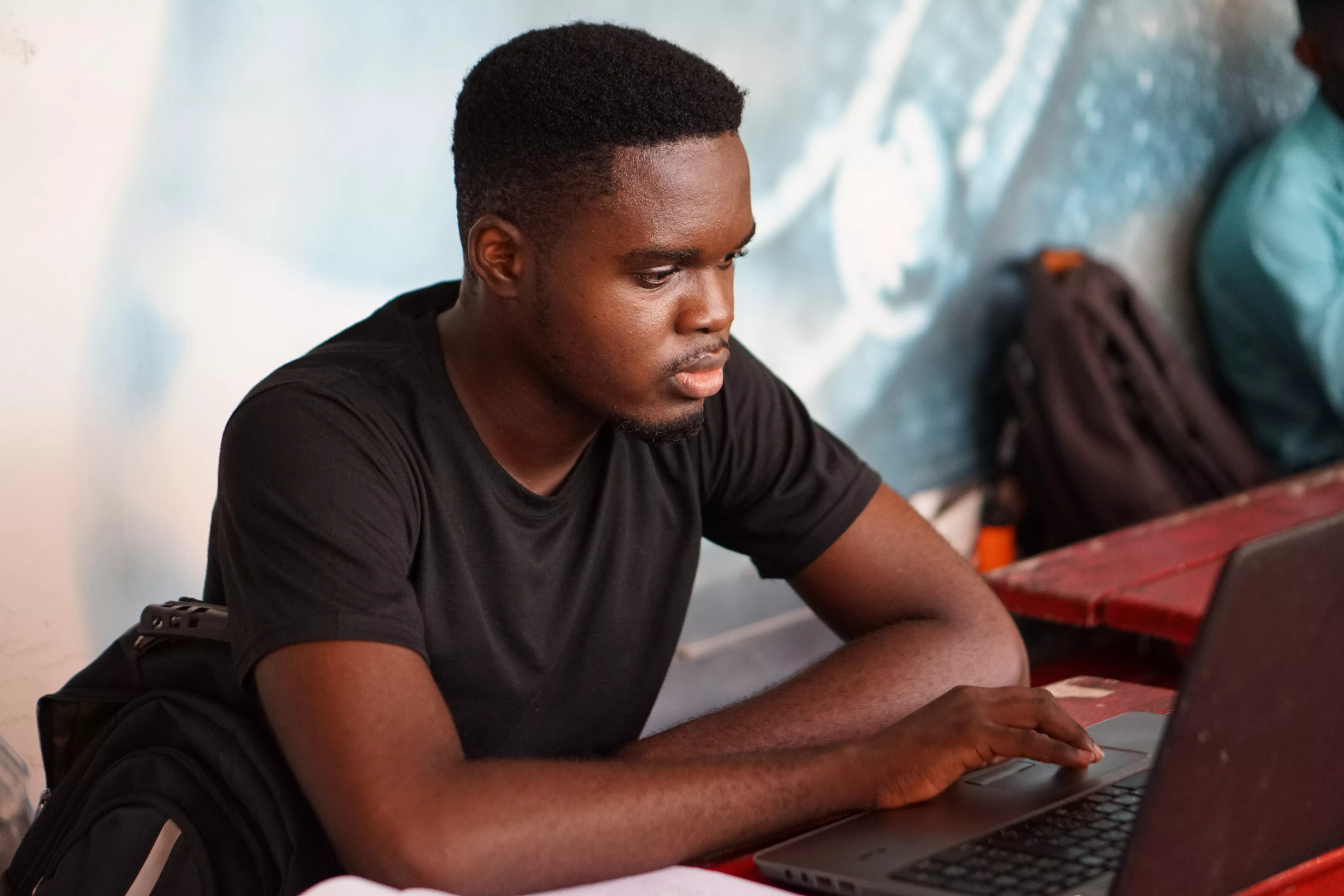
The South African National Qualifications Framework and the Fourth Industrial Revolution
For the first time in the history of the South African Qualifications Authority (SAQA) Bulletins, the writing of papers and the production phases of the Bulletin materialised within the context of a global pandemic. The Fourth Industrial Revolution (4IR) has become a topical area of discussion and engagement across various sectors, including education and training, and developments have gained momentum under Covid-19.
OER Policy Clinic for Foundational Literacy and Numeracy
An online clinic on open educational resources (OER) and national policy on 27 September, 2021, was facilitated by Neil Butcher & Associates, in partnership with the EdTech Hub, UNESCO, the mEducation Alliance, and the Education Commission.
The workshop sought to cover the following issues:
The Struggle Against COVID-19 in Indonesian Education: Responses, requirements, and policy needs for returning to school
This report reflects on the Indonesian school system’s response to the COVID-19 pandemic, assesses the influences of these policies on children in Indonesia, and discusses lessons learned. It further synthesizes these lessons into policy recommendations that might guide the Ministry of Education, Culture, Research and Technology (MoECRT) to recover and to strengthen the system.

Artificial Intelligence in sub-Saharan Africa: Compendium report
To guide future investments in capacity building that will build responsible AI development and deployment, it is important to know answers to questions such as: what does the AI landscape in SSA look like? What measures are stakeholders in the region taking to ensure that they are AI- ready?
Where does capacity already exist or not?
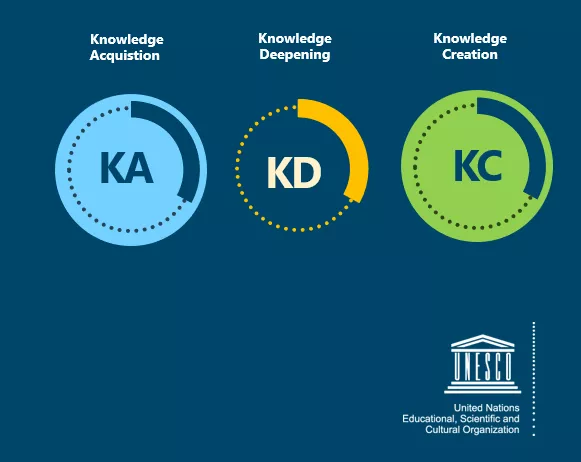
UNESCO ICT-CFT & OER
How do we get teachers to integrate ICT effectively into teaching and learning, and into their other administrative duties? This presentation explores how to use the UNESCO ICT Competency Framework for Teachers (CFT) and the OER Commons repository of aligned OER to build teacher professional development courses.

Lessons learned: British Council/DHET A21 Guidelines
Andrew Moore and Kirsty von Gogh discuss lessons learned from the British Council/DHET A21 Guidelines project. Based on our experience and statistics gleaned from British Council/DHET A21 guidelines, we identify good practices for an African educational institutions in terms of designing, developing and deploying media campaigns.
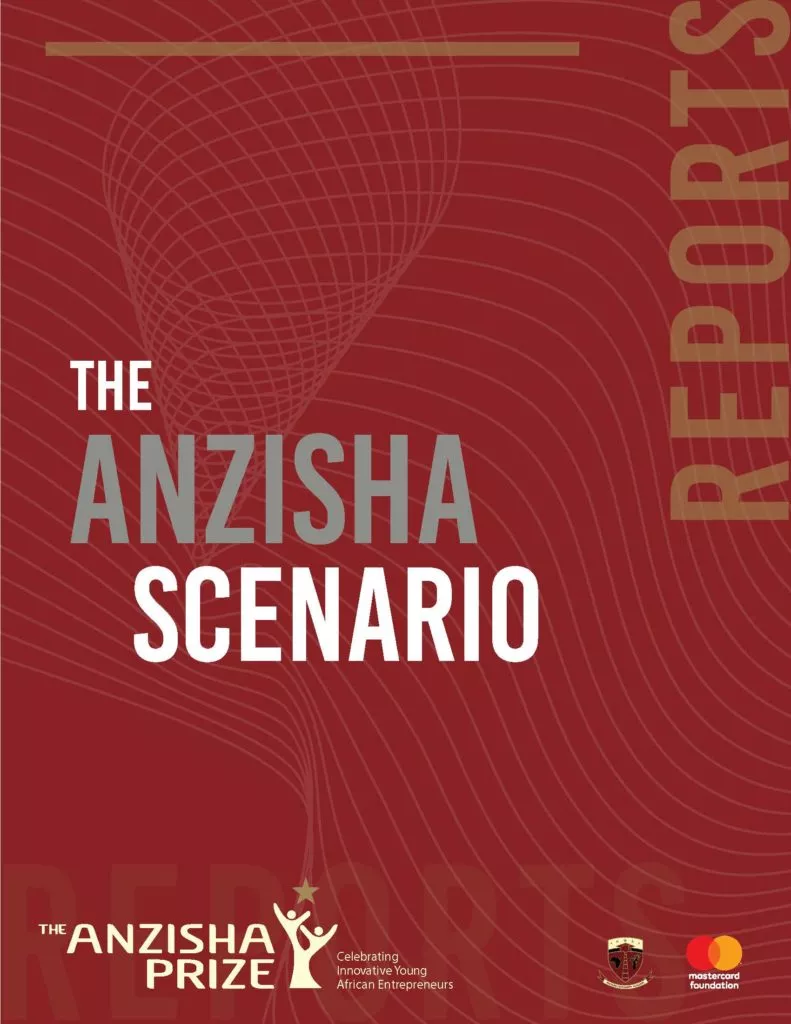
The Very Young Entrepreneur Scenario for Africa. A blueprint for building the ecosystem for Very Young Entrepreneurs and creating jobs for African youth
The Green Paper provides a contextual background the #AnzishaScenario campaign, exploring 3 scenarios in which entrepreneurship is always seen as important to job creation – but one where VERY YOUNG ENTREPRENEURS are prioritized. What would Africa look like in the future if we bet on young people creating jobs for other young people?!
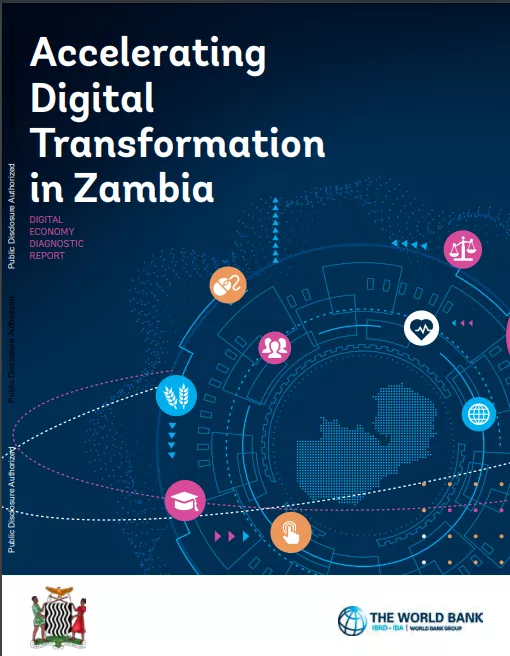
Accelerating Digital Transformation in Zambia - Digital Economy Diagnostic Report
Zambia’s seventh national development plan (7NDP) sets ambitious targets for economic growth and poverty reduction. Technology can play an important role as Zambia advances this vision for economic transformation. The introduction of digital systems can also have a transformative effect on government. Improved access to digital technologies and effective use of data and digital systems can thus be powerful tools in the quest to increase private sector productivity, enhance public sector efficiency and effectiveness, and improve the accountability of both the public and private sectors.
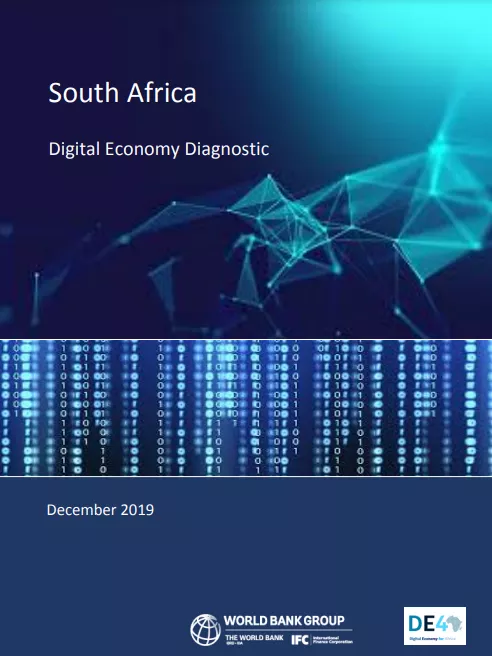
South Africa - Digital Economy Diagnostic
The South African government is aiming to pass several reforms across core elements of the digital economy, recognizing the need for new policy directions and preparing for the fourth industrial revolution (4iR). While South Africa’s wealthy households have broad access to quality and relatively affordable internet, people earning less than South African rand (ZAR) 7000 a month are largely unconnected. This report reviews how the digital divide affects the foundations of the digital economy and provides policy options for bridging the divide.
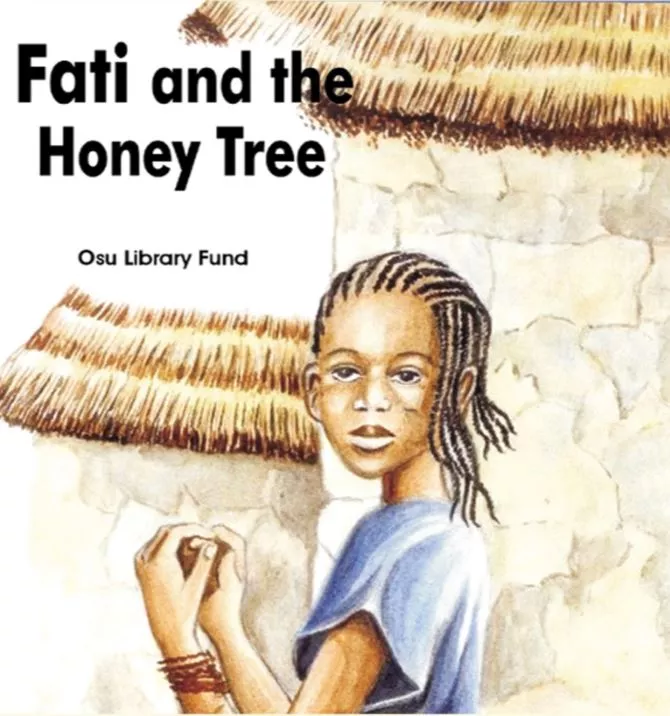
Good Stories Don’t Grow on Trees: A Guide to Effective Costing of Storybooks in the Global South
Openly licensed resources are ‘free’ to access, but there are significant creation, adaptation, production, and use costs. The long-term sustainability of local-language publishing requires that these costs be met fairly, using financial models that will enable people to establish, grow, and maintain effective content creation organizations. This research aims to raise awareness of the various costs that go into producing and translating storybooks and of the relationship between investment and quality.
Browse resources
Search resources

The South African National Qualifications Framework and the Fourth Industrial Revolution
For the first time in the history of the South African Qualifications Authority (SAQA) Bulletins, the writing of papers and the production phases of the Bulletin materialised within the context of a global pandemic. The Fourth Industrial Revolution (4IR) has become a topical area of discussion and engagement across various sectors, including education and training, and developments have gained momentum under Covid-19.
OER Policy Clinic for Foundational Literacy and Numeracy
An online clinic on open educational resources (OER) and national policy on 27 September, 2021, was facilitated by Neil Butcher & Associates, in partnership with the EdTech Hub, UNESCO, the mEducation Alliance, and the Education Commission.
The workshop sought to cover the following issues:

The Struggle Against COVID-19 in Indonesian Education: Responses, requirements, and policy needs for returning to school
This report reflects on the Indonesian school system’s response to the COVID-19 pandemic, assesses the influences of these policies on children in Indonesia, and discusses lessons learned. It further synthesizes these lessons into policy recommendations that might guide the Ministry of Education, Culture, Research and Technology (MoECRT) to recover and to strengthen the system.

Artificial Intelligence in sub-Saharan Africa: Compendium report
To guide future investments in capacity building that will build responsible AI development and deployment, it is important to know answers to questions such as: what does the AI landscape in SSA look like? What measures are stakeholders in the region taking to ensure that they are AI- ready?
Where does capacity already exist or not?

UNESCO ICT-CFT & OER
How do we get teachers to integrate ICT effectively into teaching and learning, and into their other administrative duties? This presentation explores how to use the UNESCO ICT Competency Framework for Teachers (CFT) and the OER Commons repository of aligned OER to build teacher professional development courses.

Lessons learned: British Council/DHET A21 Guidelines
Andrew Moore and Kirsty von Gogh discuss lessons learned from the British Council/DHET A21 Guidelines project. Based on our experience and statistics gleaned from British Council/DHET A21 guidelines, we identify good practices for an African educational institutions in terms of designing, developing and deploying media campaigns.

The Very Young Entrepreneur Scenario for Africa. A blueprint for building the ecosystem for Very Young Entrepreneurs and creating jobs for African youth
The Green Paper provides a contextual background the #AnzishaScenario campaign, exploring 3 scenarios in which entrepreneurship is always seen as important to job creation – but one where VERY YOUNG ENTREPRENEURS are prioritized. What would Africa look like in the future if we bet on young people creating jobs for other young people?!

Accelerating Digital Transformation in Zambia - Digital Economy Diagnostic Report
Zambia’s seventh national development plan (7NDP) sets ambitious targets for economic growth and poverty reduction. Technology can play an important role as Zambia advances this vision for economic transformation. The introduction of digital systems can also have a transformative effect on government. Improved access to digital technologies and effective use of data and digital systems can thus be powerful tools in the quest to increase private sector productivity, enhance public sector efficiency and effectiveness, and improve the accountability of both the public and private sectors.

South Africa - Digital Economy Diagnostic
The South African government is aiming to pass several reforms across core elements of the digital economy, recognizing the need for new policy directions and preparing for the fourth industrial revolution (4iR). While South Africa’s wealthy households have broad access to quality and relatively affordable internet, people earning less than South African rand (ZAR) 7000 a month are largely unconnected. This report reviews how the digital divide affects the foundations of the digital economy and provides policy options for bridging the divide.

Good Stories Don’t Grow on Trees: A Guide to Effective Costing of Storybooks in the Global South
Openly licensed resources are ‘free’ to access, but there are significant creation, adaptation, production, and use costs. The long-term sustainability of local-language publishing requires that these costs be met fairly, using financial models that will enable people to establish, grow, and maintain effective content creation organizations. This research aims to raise awareness of the various costs that go into producing and translating storybooks and of the relationship between investment and quality.


